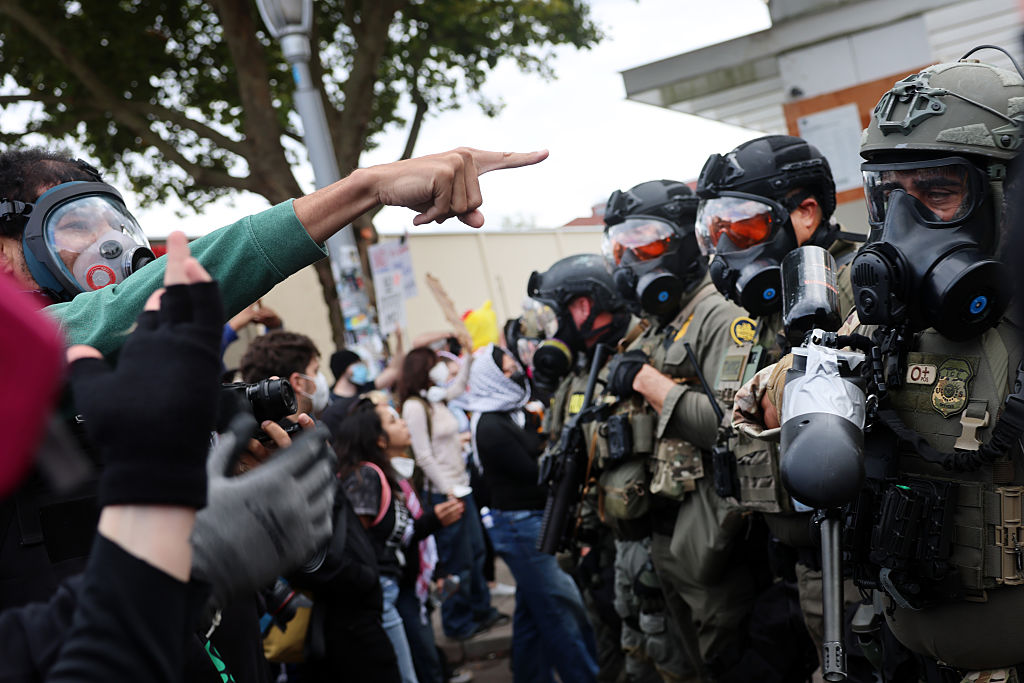The Trump administration’s recent moves to deploy National Guard troops in Portland, Oregon, and Chicago, Illinois have sparked legal and political pushback, highlighting growing tension over the use of federal forces on U.S. soil.
A federal judge temporarily blocked the Portland deployment, ruling that the administration had not provided credible evidence justifying the troop presence. Meanwhile, Illinois officials challenged Trump’s order to federalize their National Guard, calling the move an overreach and a violation of state authority. Both cases underscore a fraught question: how far can a president go in deploying domestic troops without consent from local leaders?
Echoing Trump’s disjointed speech to the generals earlier this week, officials defended the actions as necessary for public safety and to support federal law enforcement, particularly in response to civil unrest and crime spikes. Critics argue that the deployments are politically motivated, a show of force aimed more at bolstering the president’s image than protecting communities. Local news outlets quickly reported the dispute, with Portland and Chicago residents weighing concerns about safety, civil liberties, and the optics of armed troops patrolling their cities.
Legal analysts say these challenges could set a major precedent for domestic deployments, potentially limiting presidential authority in ways that future administrations will have to navigate carefully. For the communities involved, however, the immediate impact is tangible: heightened tension (including a recent shooting at a Chicago protest), visible military presence and uncertainty about how long the troops might remain.
As the debate unfolds, the National Guard clashes reflect a broader national conversation about federal power, state sovereignty, and the line between law enforcement and militarization. Unfortunately, it’s a debate likely to continue.


